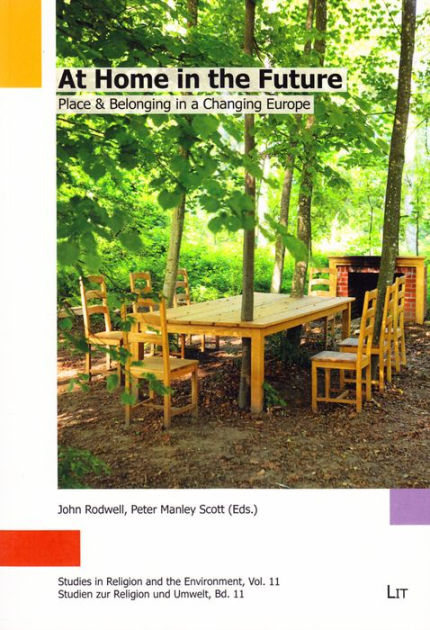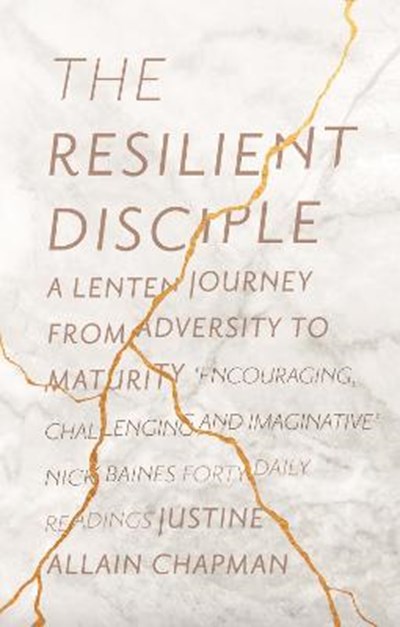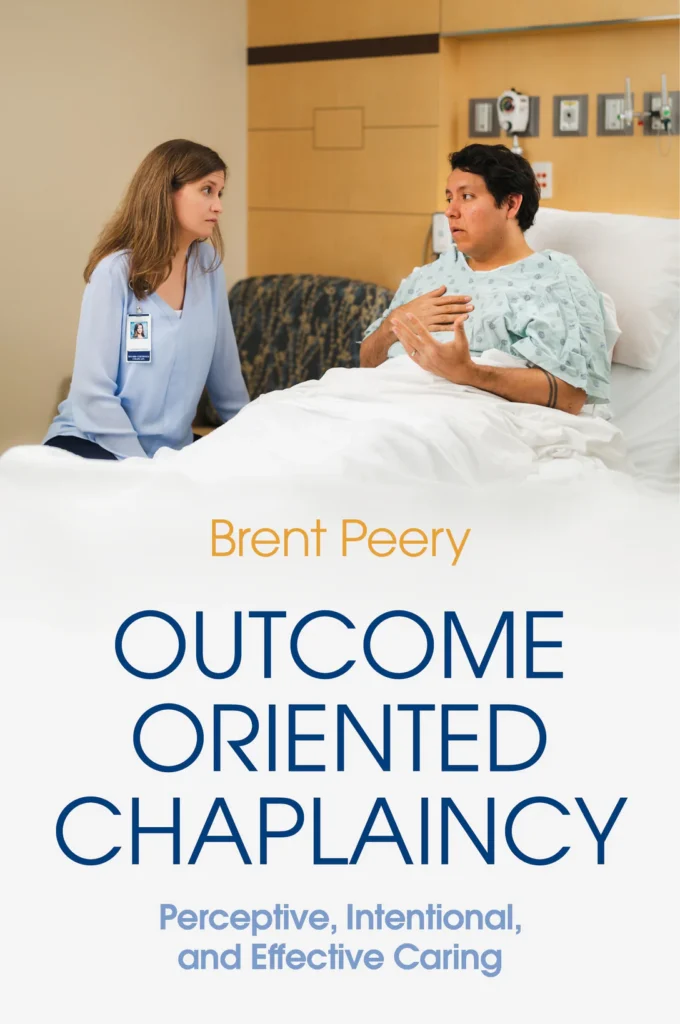This is Harlech Beach in the Snowdonia Park Wales which I captured in June of 2023. I stopped and looked into a different space and was amazed by the light and reflection. Supervision is a place of a place of noticing, reflecting and encounter where we can feel seen and heard. It can challenge us to explore new horizons.

James Woodward
Theological Educator, Priest, Consultant
SW England; International
Accredited Member, The Association for Pastoral Supervision and Education
Contact Details
jww@sarum.ac.uk
Phone: 01722 424801
Skype, Zoom, in person
JAMES WOODWARD is an experienced Anglican priest having worked in several contexts since 1985. These include the National Health Service, the voluntary and charitable sectors as well as churches. He is presently Principal of Sarum College with significant experience of theological education and reflective practice. He is committed to well-being and human flourishing in the process of supervision as it deepens reflexivity and enables creativity. James completed the Wesley house, Cambridge diploma in Pastoral supervision in 2022. James is an accredited supervisor committed to his own professional development and practice.
Professional Liability Insurance: Yes
Commendations
I found the pastoral supervision sessions provided by James to be exceptionally transformative and impactful. As a highly gifted supervisor, James immediately grasped my colliding worlds of church, higher education and ministry. Each session provided a place of safe exploration, ably guided by some creative supervisory approaches, which led to greater self-discovery and some important breakthroughs. Consequently, I am delighted to commend the work of James Woodward’s pastoral supervision.
The Revd Dr Tim Welch
Coordinator of Ministerial Formation, Tutor in Practical Theology
Bristol Baptist CollegeI have been working with James since March 2022. At that time, I was undertaking a phased return to pastoral charge and it was largely due to Jemes that I was able to do so successfully. Since then, I have found our sessions invaluable and challenging in equal measure. The worth of pastoral supervision has become clear to me, especially in these times of change in ministry and far from it being an addition to my diary, I believe it essential to my continued well-being. I would highly, and without hesitation, recommend James as a supervisor.
Sarah Simpson
URC Minister South West Synod
I approached James Woodward to help me think through how to approach my sabbatical. He’s helped me refocus my thinking from planning a 3 month project to excitement at what living sabbath for 3 months might unearth and release in me. That reflects the unearthing and releasing that has already happened, and James’ ability to stir a noticing of what God is doing in and around me. Wherever our wide ranging conversations wander, they always circle back with profound impact.
As we’ve talked, I’ve found myself encouraged and supported, robustly challenged and gently provoked, profoundly moved by the depth to which I have been held and tangibly affected by being prayed for. James has created safe space in which I can be honest, share things about which I hold my head high and of which I’m not so proud. It’s space in which whatever’s rattling round my head can be said and explored further or laid to rest with no judgement of foolishness or naivety. It’s space in which I am able to laugh at myself.
I have found James to be an insightful and wise companion on this shaping sabbatical journey.
The Revd Dr Sarah Hayes
Diocese of BirminghamHaving taught aspects of theological reflection and pastoral supervision for some years, I was intrigued and grateful to begin my own supervision with James. From our very first session I realised that I was engaged in a process of tremendous personal benefit and value. James creates a space that is both safe and deeply attentive. He listens not just to what I say but to the gaps and silences between my words, to the emotions and feelings that my choices of words convey and to the ways in which my body language and demeanour reveal much more than words might. He allows our conversations to range as widely as I need them to, whilst always being ready to draw me back to matters of importance and to the more challenging questions. His gentle and generous listening is honed to offer interventions and questions that always carry me further into exploring my ministry, motives and feelings. He wears his own learning lightly, but can and does bring material and suggestions into conversation in ways that enhance my self-reflection and that point me to further resources. He keeps careful track of the ongoing supervision process such that threads are being joined from earlier conversations and key questions revisited if this is fruitful. I have seldom felt so completely listened to and accepted for myself as I am with James. That is his gift and skill, and blessing for me.
The Rev’d Neil Thorogood
Minister of Thornbury United Reformed Church & Trinity-Henleaze
United Reformed Church (Bristol)
James has been my professional supervisor for nearly two years now. James is a man of supreme insight for which I am extremely grateful. He has guided me with deep wisdom, authority and compassion as well as with challenge. James has expertly managed to see the person behind the profession and has been able to tailor our supervision sessions to my learning styles. He has provided an extraordinarily safe space for the tears to fall and the laughter to ring out. Consequently, I have a deeper knowledge of myself and my faith which has impacted my work and my team in so many positive ways. I have absolutely no hesitation in commending James as a supervisor.
The Revd Ruth Fitter
Interim Lead Chaplain
Oxford University Hospitals NHS Foundation Trust
Book Reviews
Here are some books I have reviewed that have shaped my learning about ministry and the contexts of presence and practice.
Heather Walton has had a profound influence on practical theology and her invitation into a deeper reflectivity especially through writing. This book invited her reader into a deeper attentiveness to our inner and outer worlds as she asks us to name what we see and experience
The review was published in Modern Believing, Issue 58.1. 19 2017

This book opens up the nature of Chaplaincy with care and insight. It is a reminder that the context within which we live and work is shaping and challenging of and for our presence and engagament.The review ( see below ) was published in the Journal Theology ( Issue 119.4 July/August )
John Rodwell and Peter Manley Scott (eds), At Home in the Future: Place & Belonging in a Changing Europe 2015
One of the deeply embedded themes that we live with and negotiate across the decades of our lives is our relationship to belonging and home. Where is our home. Where do we feel safe and secure. This book explores a theology of place with a particular emphasis on justice.
The book, of eleven chapters with an introduction and postscript, is organised into three sections. The three themes are: ‘At Home or Ill at Ease’; ‘Forgetting and Remembering’; and ‘Separation and Connectedness’. It has a particular emphasis on European experiences which as I share this is a reminder of how important Europe is in shaping a shard sense of identity.
Take a look at the review below if you want to explore these themes and questions for yourselves.
Another theme in Supervision especially when we are faced with challenges and adversity is how we might develop resilience. I wonder what has helped you understand, nurture and embrace self care ?
I found this book useful and her is my short review
The Resilient Disciple : A Lenten Journey from Adversity to Maturity
Justine Allain Chapman
SPCK 2018 159pp £9.99
Where are the most challenging places of discovery, encounter or even confrontation for you? Knowing how and where we might face up to ourselves in our unique boundedness and fragility is part of the particular opportunity that Lent offers us. In this carefully and generatively written book you will find insight, guidance and challenge in equal measure. It is grounded in, though not limited by, the authors own experience of desert. We are taken on a journey of invitation that asks us be honest about those things that drain us of life.
There are six weeks of reflections which include Holy Week. The themes of each week are – Follow, Flourish, Falling, Faithful, Fruitful and ( for Holy Week) Fulfil. There is careful attention to both Scripture and prayer as the theme of resilience is opened up in a process of reflection that invites the reader to think, pray and live. The book also offers advice for its use with groups as well as in preaching and worship. In this sense it is a volume of practical spiritual theology with a clear motivation to facilitate change for its reader. The reflections are honest and demand a readiness in the reader about the vulnerabilities and adversities that we live with in our lives. Meeting these with love and compassion ( like the art of Kintsugi – repairing with Gold) can not only repair broken things but make them more beautiful than before.
The quality of this engagement is informed by research undertaken in the area of resilience where the findings were that three key areas need to be strengthened in us and others if we are to grow through adversity on a path towards altruism or compassion. They are struggle, self and relationship. In this sense this book is properly a deeply challenging read as the reader is invited into different spaces of encounter. It will require honesty and a readiness to open up (perhaps) closed areas of our lives. The work of integration is tough !
This is no ‘airport’ self-help book. What is promises in the introduction is delivered with consummate and well organised skill. It has stimulated significant further ( and deeper ) reflection especially as here at Sarum we explore how best to engage in formation for a new generation of disciples and ministers of the Gospel in challenging and unchartered seas.
Two final thoughts. I remain (oddly ) unconvinced by the concept of resilience! I wonder if there is a better word? Some of our most formative experiences of human flourishing happen when we are at our most fragile, vulnerable and hurting. Sometimes those who are most resilient are least able to listen and more prepared to instruct, control and manipulate. This relates to a wider and more complex question : Is religion good for you? How far are we enabling into a deeper self-worth, a profounder apprehension of our being cherished and beloved of God by religion ? What are we to do with the legacy of our religion ( of which we are a part) which has deepened abuse of power, inequality, shame and guilt – to name but a handful of contradictions ?
However none of these musings should detract from a book which is beautifully and imaginatively written.
Outcome Orientated Chaplaincy – Perceptive, Intentional and Effective Caring by Brent Peery, London Jessica Kingsley Publishers, 2021, 121 pp., £18.99 (pbk). ISBN 9781785926822
The question of the nature of pastoral engagement and supervision makes any difference to those we listen to and journey alongside is perhaps a fundamental one.
Hospital Chaplains particularly in America have engaged with this unassociated questions for some time. I found this book helpful in it articulation of some of the questions and difficulties in assessing outcomes.
I hope that practitioners and practical theologians will further test some of this material out in several contexts. In a world dominated by functionalism, materialism, and disconnection we are invited here into a relational and pastoral encounter where our stories are given voice and dignity. It is work that lies at the heart of human flourishing.
Here is a brief overview of the book



